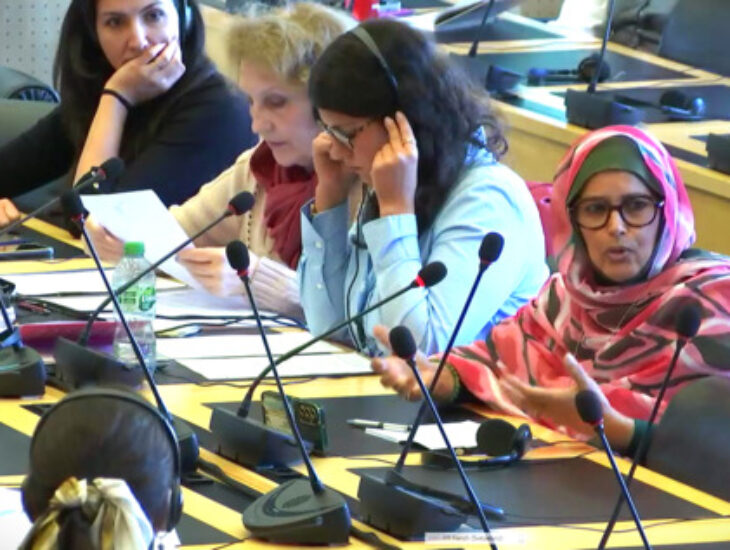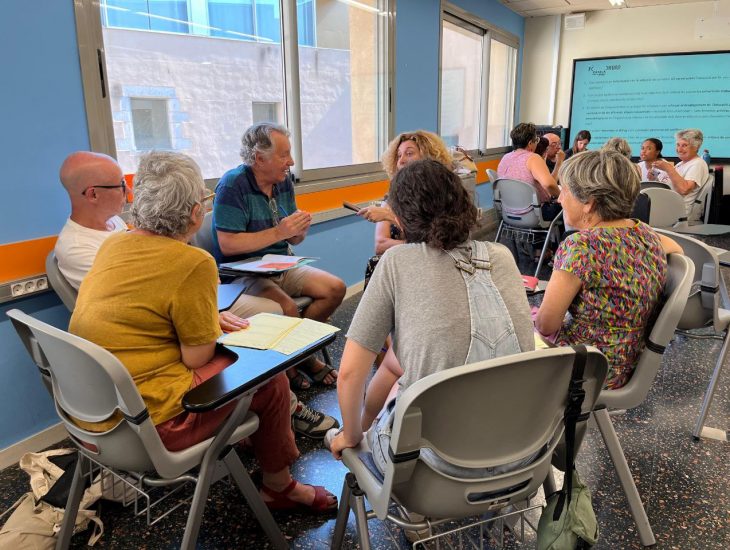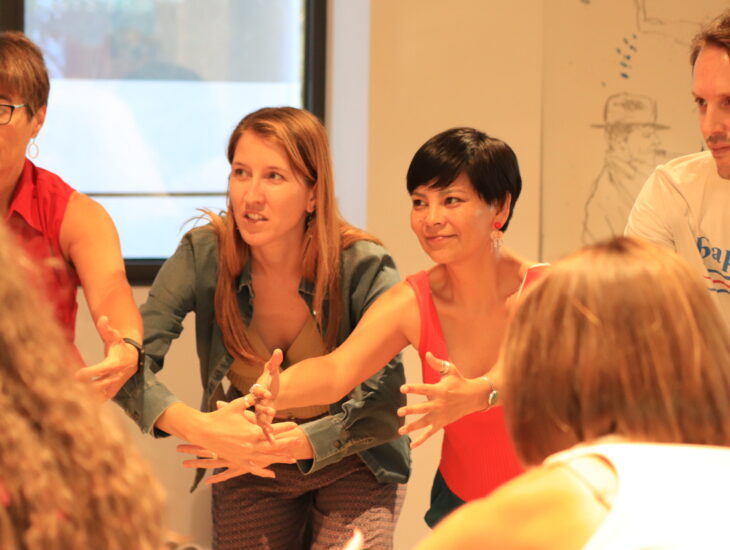In this book Mitchell sets out to answer how and why societies become involved in prolonged, violent and intractable conflicts, and what can be done about it. To answer these questions, the author addresses various aspects such as the nature of violence in human behavior, what is meant by intractable conflicts, and the different phases involved in ending conflicts: prevention, mitigation, regulation of violent behavior, institutionalization, termination mechanisms and reconciliation.
As ICIP president Rafael Grasa points out in the prologue to this edition, “The Nature of Intractable Conflict: Resolution in the Twenty-First Century” is bound to become an essential resource in the study and practice of conflict resolution and transformation. Based on Mitchell’s remarkable career in this field, this book is a valuable contribution to the analysis of social conflicts and how to intervene in them, since it demonstrates that it is possible to deal with so-called intractable conflicts.
Christopher Mitchell has degrees in History and International Relations, and is Professor Emeritus at the School for Conflict Analysis and Resolution at George Mason University (USA). Mitchell has also been a visiting professor at several universities, including the United Nations-mandated University for Peace, and is a member of numerous academic associations related to conflict analysis and resolution and peace research.
18.01.2016




